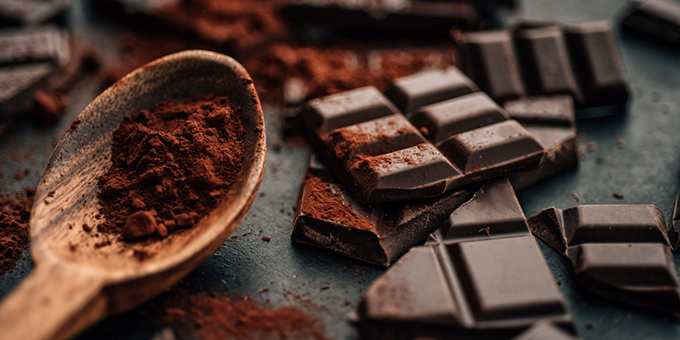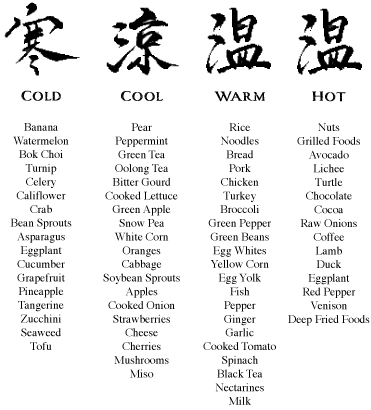What Is "Heatiness" And Does Too Much Heaty Food Actually Make You Fall Sick?
It's something you've probably heard about when you over-indulged in durian or fried food.
In Asian culture, food considered "heaty" and "cooling" have been held responsible for aggregating certain illnesses for millennia
The concept of "hot" and "cold" food is prevalent in both Asian and Persian history and cultures. Though it's hard to pinpoint who first founded the concept due to poor documentation, but it seems to be recognised more within Traditional Chinese Medicine (TCM). Even today, the concept is still subscribed to across Asia.
The idea does not refer to the temperature of the food but rather states that certain food, in nature, contain hot and cold energies. This is because TCM believes in the importance of balancing of yin (cool) and yang (hot) in one's diet.
In traditional Chinese medicine, various food items are divided into five main groups according to energies - cold, cool, neutral, warm, and hot
Cooling foods possess the strongest yin energy while heaty foods are predominantly yang. The principle is to balance out your food intake, so the general advice after having food that's on the hot or cold end of the scale is to counteract that by consuming those of the opposing nature.
On the other hand, the Western classification of food is based on its scientific composition - carbohydrates, proteins, and fats.
It is often believed that eating too much "hot" or "cold" food could lead to common illnesses. For example:
Going overboard with "heaty" food might cause symptoms of "hot" illnesses such as:
1. High blood pressure
2. Skin rash
3. Hot flashes
While consuming too much "cold" food could lead to these symptoms:
1. Fatigue
2. Depression
3. Muscle ache
4. Stuffy nose
5. Cough with clear white phlegm
6. Fluid retention
7. Restlessness
In more serious cases, the imbalance of hot and cold food intake could also lead to:
1. Constipation
2. Heart disease
3. Diabetes
4. Arthritis
5. Asthma
6. Headache
So, is the imbalance of hot and cold foods the main reason why people get sick?
A TCM practitioner with Raffles Chinese Medicine, Lau Kiew Teck said, "'Heatiness’ and ‘coldness’ by themselves aren’t capable of making you fall ill."
Instead, a more helpful method would be to assess if a person is more receptive to "heatiness-related" or "coldness-related" symptoms. That explains why some people can rampage on foods in hot or cold extremes without falling ill.
It is worth noting that conventional Western medicine does not subscribe to TCM's theory of energies in food
In fact, there is little evidence to support the concept of heatiness and coldness in food. Therefore, legitimising it in the world of conventional Western medicine may take more time and research.
For example, symptoms of sore throat can simply be explained using the conventional term of a microbial infection.


